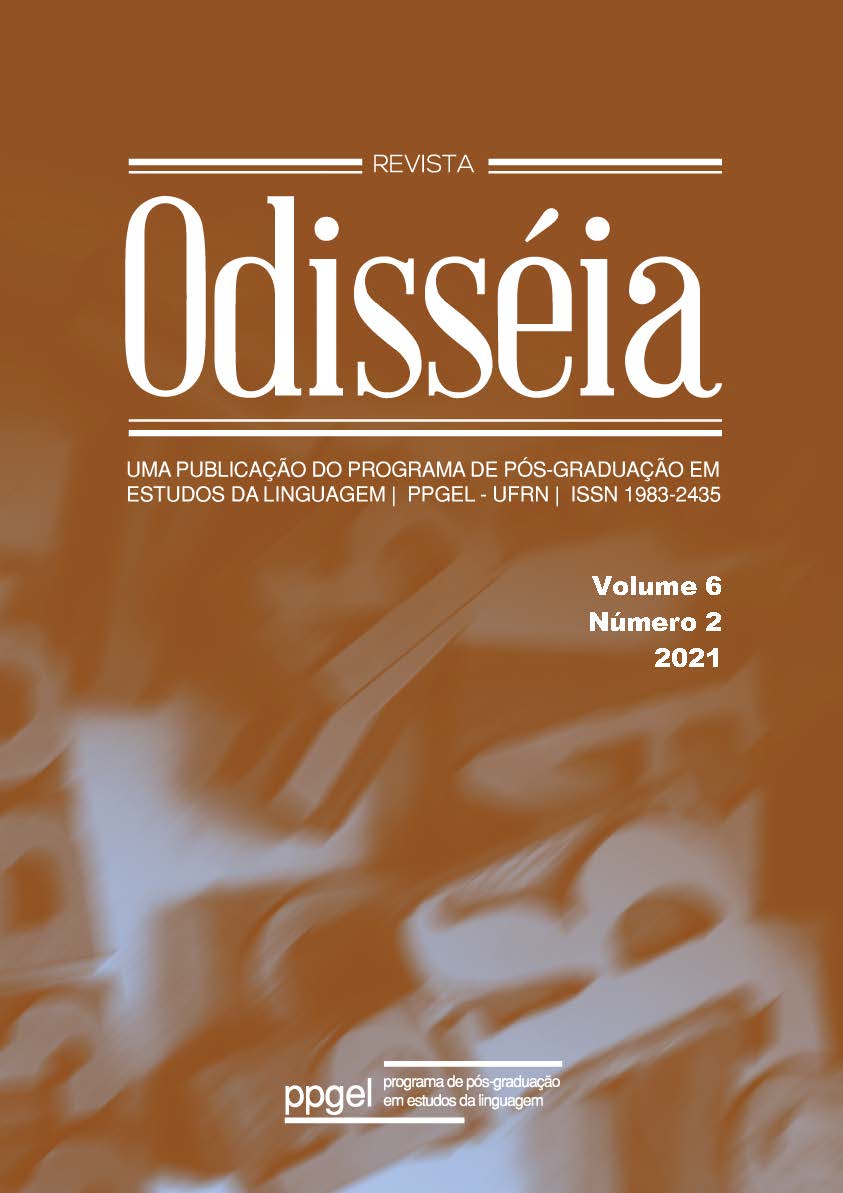Literary heteroglossia in Balzac's Illusions perdues : Issues, functions and limits
DOI:
https://doi.org/10.21680/1983-2435.2021v6n2ID24242Keywords:
Literary Heteroglossia. Balzac. Illusions perdues. Linguistic variation.Abstract
To read Illusions perdues, the first observation that strikes the reader is the extreme diversity of the language of its characters. Balzac opens his literary language on an infinity of oral and written speeches, of a familiar, regional, diachronic nature ... And this, by the use of a diverse palette of linguistic variants, divided into sociolects, idiolects, regiolects ..., a phenomenon that some researchers call “literary heteroglossia”. All types of variation dot the novel, and the Balzacian language is not homogeneous and monolithic, but heterological and heteroglossic. Our objective in this reflection is to problematize this notion of literary heteroglossia from a literary and sociolinguistic (variationist) perspective. To do this, we will study the reasons and motivations for this practice, as well as its effects and functions. Also, we will examine the pitfalls that this phenomenon can produce in the work.
Downloads
Downloads
Published
How to Cite
Issue
Section
License
Thisa work has been licensed under Creative Commons - Atribuição - NãoComercial - CompartilhaIgual 3.0 Não Adaptada.


















